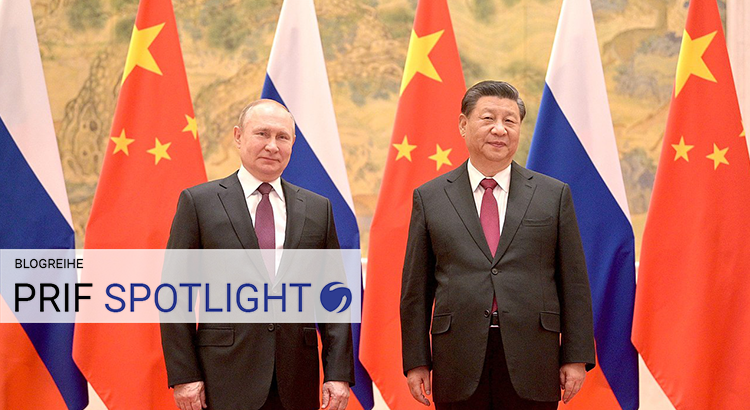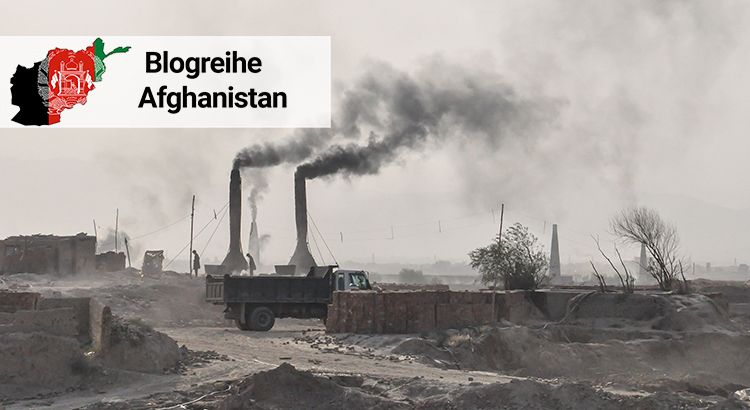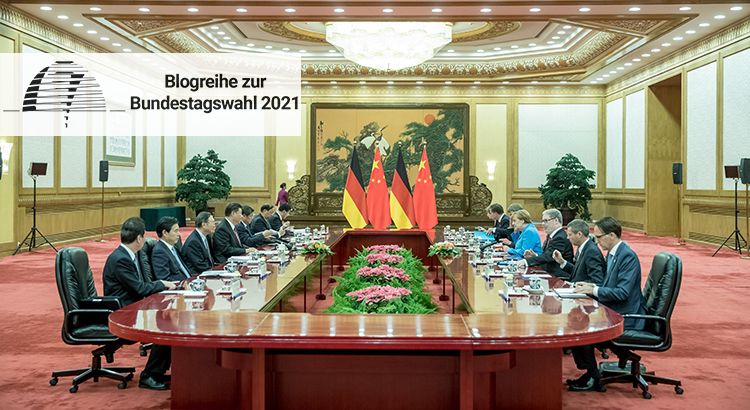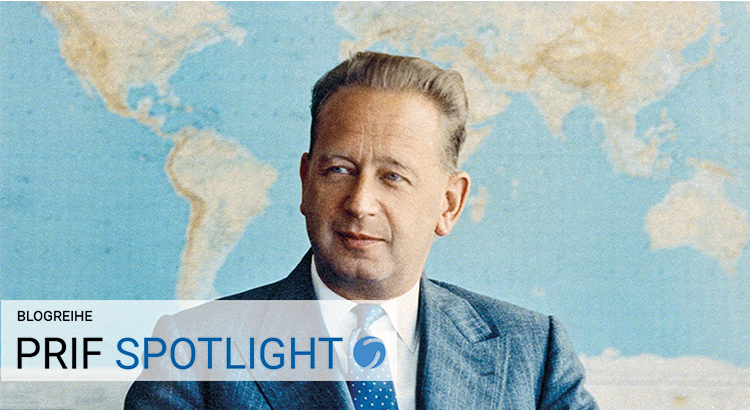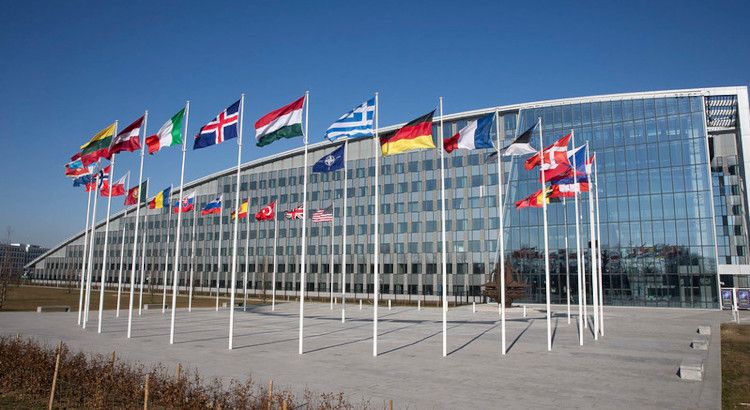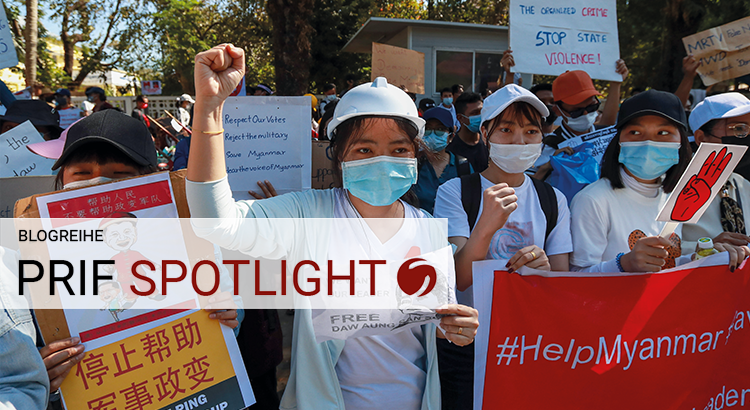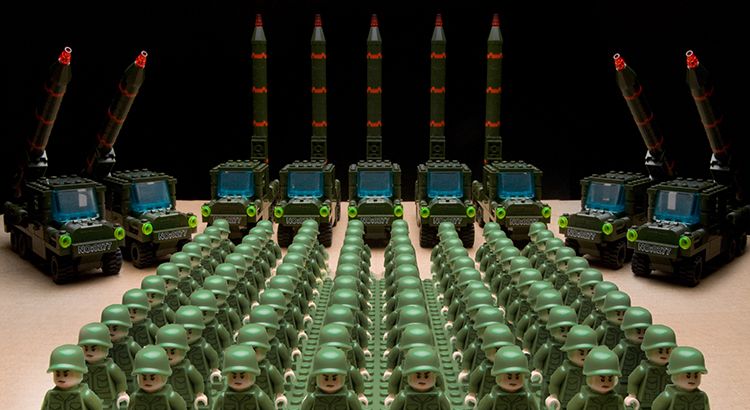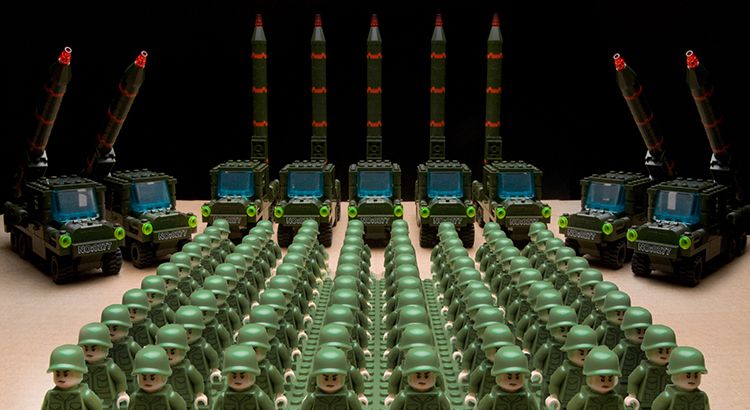Schlagwort: China
As the military standoff over Ukraine continues, both sides have attempted to mobilize...
Olympische Spiele in Peking 2022 – Diplomatischer Boykott für mehr Menschenrechte?
Am 4. Februar 2022 beginnen die Olympischen Winterspiele in China. Einige Länder haben einen...
China in Post-coup Myanmar – Closer to Recognition, Further from „Pauk-phaw“
At the close of 2021 China remains one of the few foreign partners for Myanmar. Amid ongoing...
China’s ‘constructive involvement’ in Afghanistan: an alternative to Western peacebuilding?
The Western withdrawal from Afghanistan and the following collapse of the local government to the...
Deutsche China-Politik zwischen Partnerschaft und Rivalität
Chinas scheinbar unaufhaltsamer wirtschaftlicher Aufstieg hat inzwischen auch die deutsche...
Die UN als globaler „Streitraum“. Zur Aktualität von Dag Hammarskjölds Erbe
Dag Hammarskjöld? War das nicht der mit dem mysteriösen Flugzeugabsturz im Kongo? Außerhalb des...
Three futures for NATO: New FES/PRIF backgrounder for the 2021 NATO summit
Today, NATO‘s Heads of State and Government are meeting in Brussels for a summit that is expected...
China in transitionary Myanmar. Challenging paths to democratization and peace
The recent military coup in Myanmar reversed a decade-long experiment towards incremental...
Bloß Neustart oder Renaissance nuklearer Abrüstung? New START um fünf Jahre verlängert
Die Verlängerung von New START ist gesichert. Damit ist die seit zwei Jahrzehnten fortschreitende...
A renaissance of nuclear disarmament, or merely a new start? New START extended for five years
New START will be extended for five more years. This means that the unraveling of numerous arms...
